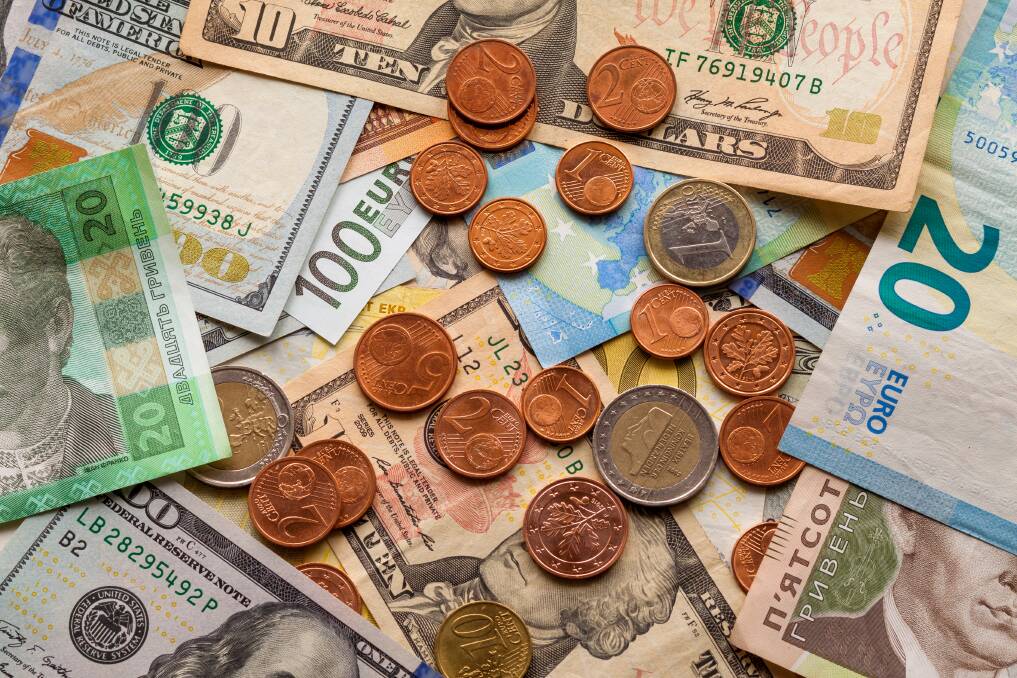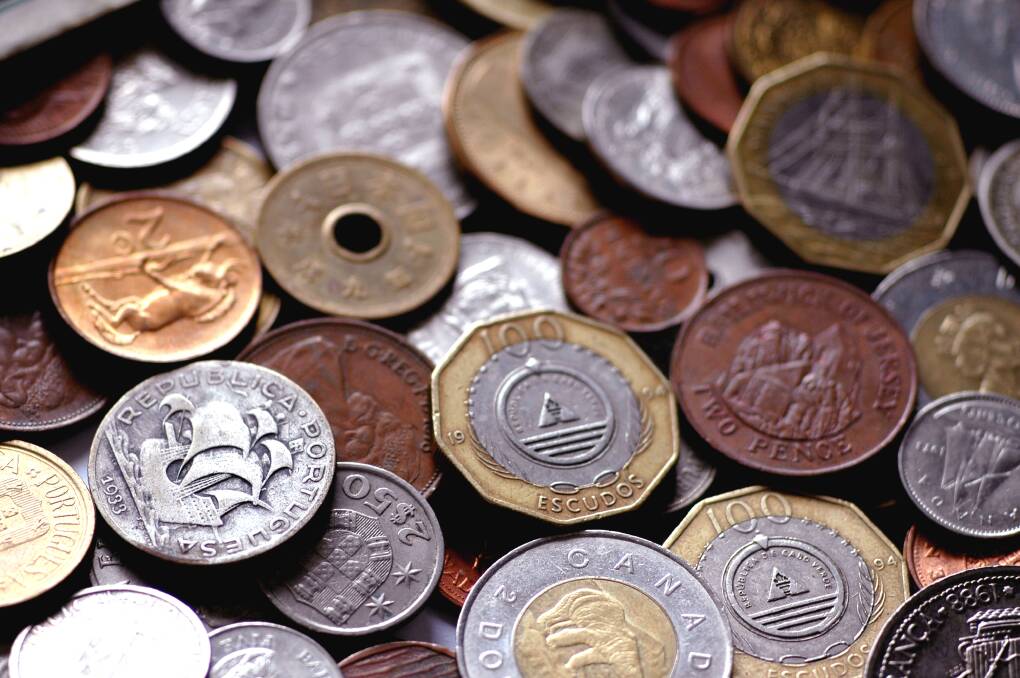Why it's impossible to exchange foreign coins after an overseas trip

This is sponsored content for The Currency Shop.
Did you just came back from an overseas trip and realise that you have a lot of extra foreign coins? If yes, what are you going to do with those coins?
In case you didn't know, it is impossible to exchange foreign coins after an overseas trip for a number of reasons.
This is why it is advisable to use your foreign coins while you are still on your overseas trip because you'll never be able to exchange them once you get back home.
Let's take a look at some of the reasons:
1. Foreign coins are less profitable than foreign banknotes
Money exchangers get their profit from the difference between a currency's buying rate and selling rate.
They don't follow the exchange rates that you can see on foreign exchange comparison sites such as The Currency Shop. If they do, they will have no profit for themselves. They earn money by selling currencies at a higher price than their original buying price.
People who are travelling overseas usually exchange their money into foreign currency in the form of banknotes, not coins. This is because banknotes are more convenient to carry than a bag of coins.
Even though there is a demand to sell or exchange foreign coins, money exchangers are not willing to buy them. This is because they, too, will find it extremely difficult to sell the foreign coins once they buy them.
Aside from being difficult to sell, foreign coins have lower face value than their banknote counterparts. What this means is that even if a money exchanger manages to find someone who will buy foreign coins, their value will be much lower than the original buying price.
2. Dealing with foreign coins requires more work
In addition to being less profitable than banknotes, foreign coins involve more work when dealing with them. Just like other types of businesses, a money exchanger will have to maintain an inventory of their stock, and this can mean more work when counting coins.
This can be very time-consuming as they have to be sorted by denomination. For instance, $100 worth of coins will probably take a lot of time to sort and count than $100 worth of banknotes.
Also, since foreign coins can come from different currencies, it can also be very troublesome for money exchangers to compare foreign exchange rates for cash and find a really good rate for them to exchange these coins.

3. Foreign coins are heavy and can take up a lot of space
Foreign coins are heavy and they can be problematic to carry around. Banknotes, on the other hand, are easier to carry. Transporting coins can also be a problem as it will be very difficult to move large stocks of coins from one place to another.
Even local banks don't like to accept foreign coins because they will eventually have to ship these coins, which might cost them a significant amount due to their weight.
Coins also tend to take up a lot of space. Unlike banknotes, which can be easily kept in drawers, coins will require more room for storage.
For example, $10,000 worth of paper bills can simply be stored in a drawer, while the same amount of coins will probably take a huge amount of space and a number of crates so they can be kept.
4. Dealing with foreign coins requires more training
Naturally, there is a large variety of coins from different currencies used around the world. At present, there are 180 recognised currencies in the world.
Money exchangers train their cashiers to handle foreign currencies properly, but they focus more on paper bills. If a money exchanger decides to start accepting foreign coins, it will have to provide additional training to all their staff, especially cashiers.
Cashiers must know how to identify valid coins from the worthless ones. They will also need training to identify fake banknotes and counterfeit coins, and be knowledgeable about the latest foreign coins like the newest Singaporean dollar coins.
Accepting foreign coins just increases training costs for a money exchanger, so they likely will not accept foreign coins.
5. Foreign coins require different equipment
Another reason why nobody accepts foreign coins is because dealing with them requires a different set of equipment than what is used for banknotes.
A money exchanger will have to buy coin counting machines, the right coin size tubes, coin sorter, bagging machines, and the like for each currency.
Finding the right coin size tubes can be very costly for a money exchanger since foreign coins have different sizes. They will also need heavy-duty storage bays and large safes so the coins can be safely stored.
What to do with your foreign coins instead?
Since it's impossible to exchange your foreign coins after an overseas trip, it will be more to your benefit to spend them all before going home.
You can use these coins to buy some unique souvenirs, gift items, local food and drinks, or anything that you can think of while you are still abroad. Once you go home, it will be near impossible to find a money exchanger that accepts foreign coins.
But if you are still unable to spend them all, here's a list of things that you can do with your foreign coins after your overseas trip:
- Donate - You can use your extra foreign coins as a donation to international non-profit organisations such as UNICEF, Red Cross, etc. These organisations are willing to accept all kinds of donations so they won't have an issue receiving foreign coins.
- Trade with coin collectors - If you know someone who likes to collect coins, you may choose to trade your foreign coins with them.
- Sell them online - You can also choose to sell your foreign coins online for a good value. You'd be surprised with how much you'll be able to sell foreign currencies online and make money as close to their original value.
Conclusion
To put it simply, the reason why money exchangers and banks don't want to exchange foreign coins is because they are too inconvenient and even costly on their part.
If you are able to find a money exchanger that accepts foreign coins, consider yourself lucky because there are not many of them that exist.
Bio Description
Justin Rampono is a director at The Currency Shop, an exchange rate comparison site.
This is sponsored content for The Currency Shop.


